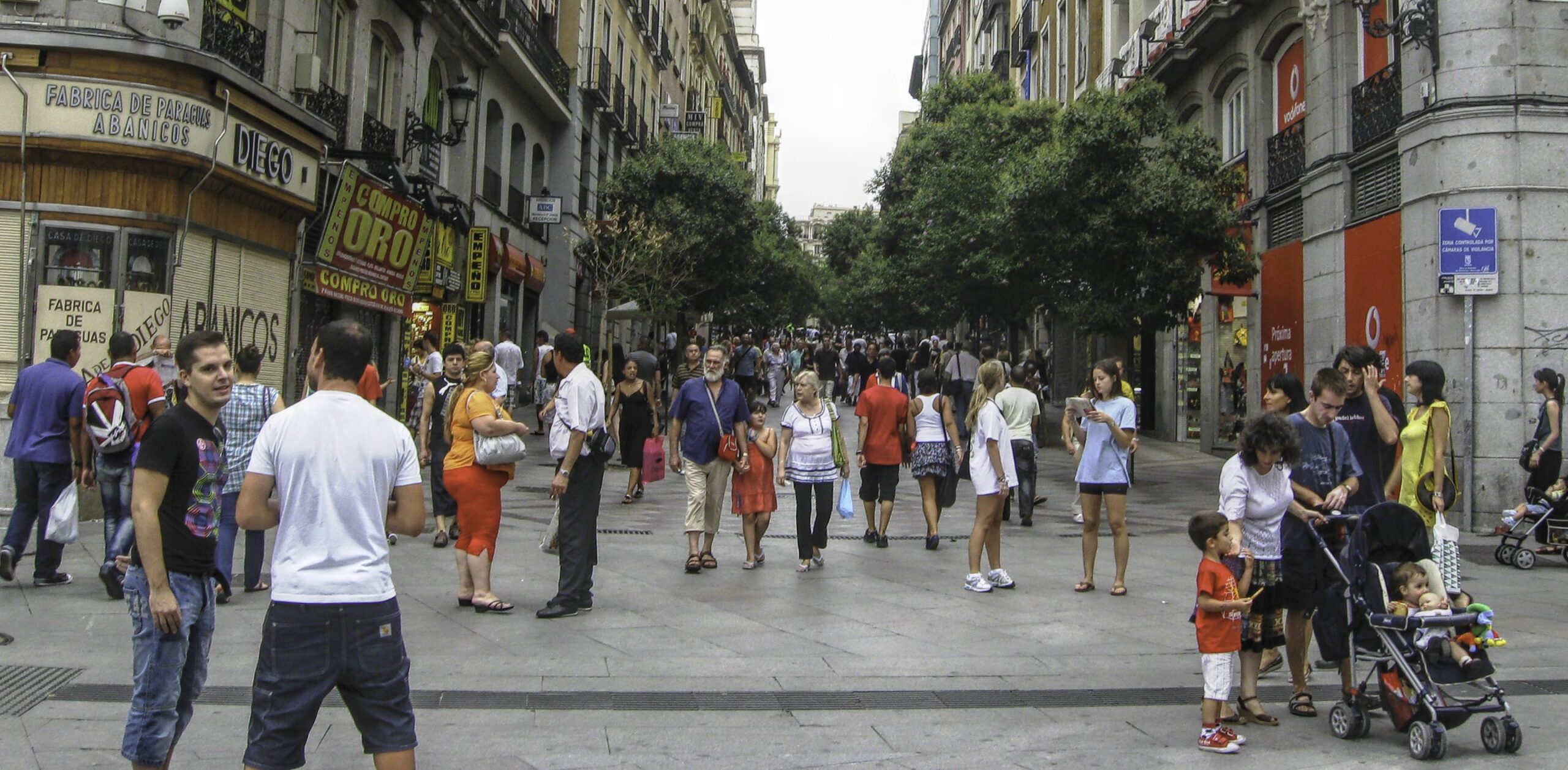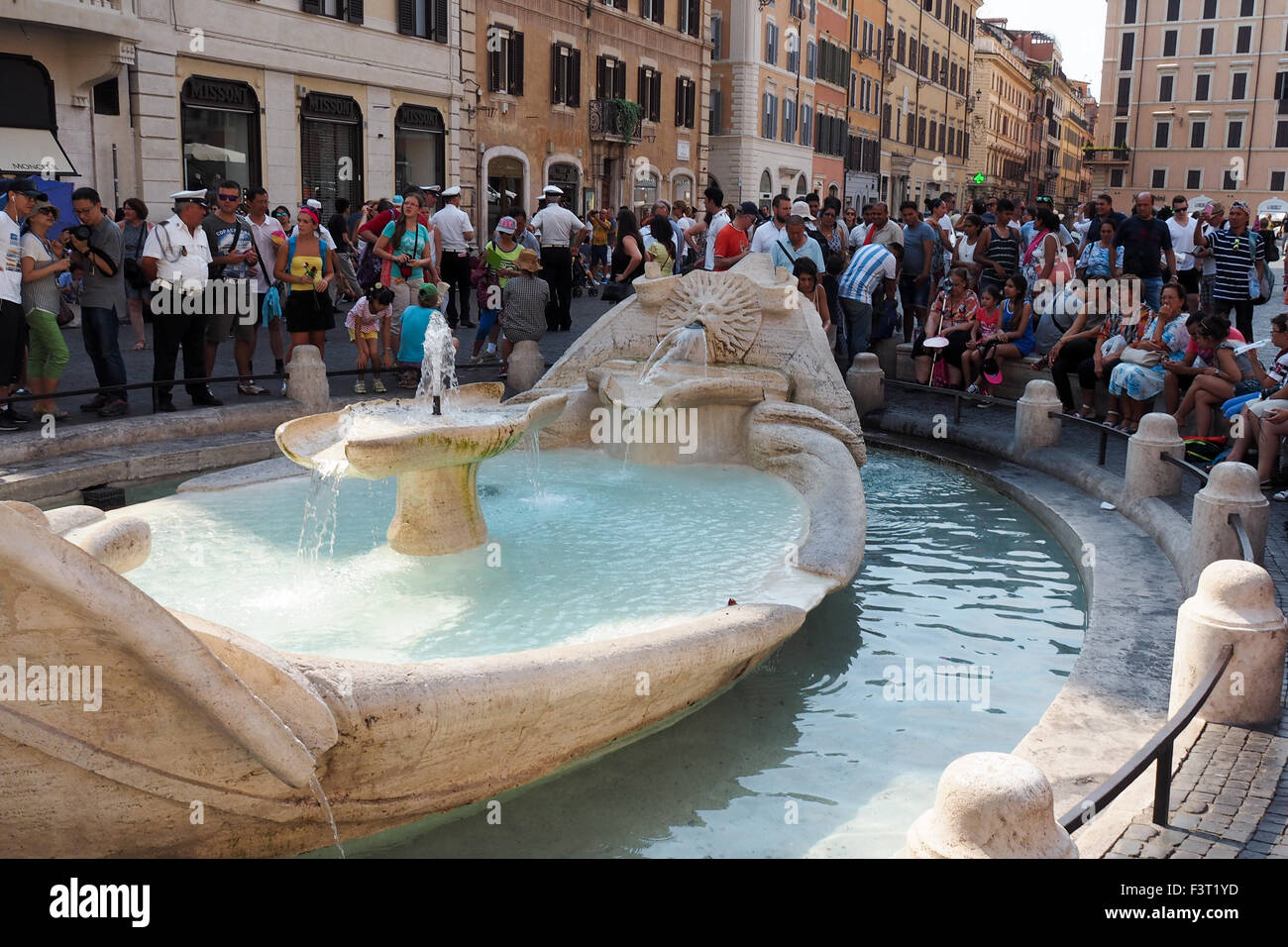Traveling can be one of the most enriching experiences of our lives. However, the term “ugly tourist” often brings to mind behaviors that can spoil these experiences—not only for the tourist but for the locals of the destinations we visit. In this extensive article, we will delve into what it means to be an ugly tourist, share personal anecdotes, and provide insights into how we can all strive to be better travelers.
What Makes a Tourist “Ugly”?
The term “ugly tourist” refers to behaviors exhibited by travelers that are disrespectful to the culture, traditions, and people of the places they visit. These actions can range from inappropriate dress codes to noisy behavior, and even disrespecting local customs.
Common Behaviors of Ugly Tourists
- Loud and disruptive behavior
- Inappropriate photography and social media sharing
- Disregarding cultural norms and etiquette
- Overcrowding and blocking pathways in popular spots
- Excessive consumption of food and drink in local restaurants
Personal Experience: My Encounter with Ugly Tourists
During a trip to Bali, I remember visiting a beautiful temple. While I was marveling at the intricate architecture, a group of tourists was having a loud conversation right in front of a sacred site. It was disheartening to see the locals and other visitors, including myself, feel uncomfortable due to their behavior. This experience highlighted for me how our actions can directly influence the atmosphere of a destination.
The Ripple Effect of Ugly Tourism
The behaviors of ugly tourists not only disrupt the immediate experience but can also have long-term negative effects on the destination itself. Here are some of the impacts:

Environmental Impact
Tourists who leave trash behind, disturb wildlife, or create noise pollution contribute to environmental degradation. This can ruin natural habitats and impact local communities.
Cultural Erosion
When tourists disregard cultural practices, it can lead to a dilution of local traditions and customs, making them more commercialized in order to cater to visitor expectations.
Pros and Cons of Tourism
| Pros of Tourism | Cons of Tourism |
|---|---|
| Boosts local economy | Can lead to over-tourism |
| Creates job opportunities | Environmental degradation |
| Encourages cultural exchange | Cultural commodification |
| Promotes infrastructure development | Disruption of local communities |
Destination Highlights: Beautiful Places and Ugly Tourist Behavior
Overtourism in Venice, Italy
Venice is a stunning city with its winding canals and rich history. However, the influx of tourists has resulted in overcrowded streets and locals feeling displaced. It’s essential for visitors to be mindful of their impact when exploring such a beloved destination.

Disrespectful Behavior in Machu Picchu, Peru
Machu Picchu is a UNESCO World Heritage site that deserves reverence. Unfortunately, I witnessed tourists climbing on ancient structures for selfies, which not only disrespects the site but risks its preservation.
Travel Tips for Avoiding Ugly Tourist Behavior
1. Do Your Research
Before traveling, familiarize yourself with the culture, customs, and etiquette of your destination. Understanding local norms can help you avoid faux pas.

2. Respect Local Customs
Whether it’s dressing appropriately when visiting religious sites or following specific protocols during local ceremonies, respecting customs goes a long way. In Bali, for instance, wearing a sarong is essential when entering temples.
3. Limit Your Impact
Be conscious of your surroundings. Try to maintain a low profile, especially in sacred or quiet areas.

4. Support Local Businesses
Opt for local eateries, shops, and guides instead of international chains. This helps sustain local economies and cultures.
5. Practice Mindful Photography
Ask for permission before taking photos of people or sacred sites. Always be respectful and mindful of where you point your camera.

Comparison Table: Best Travel Products to Avoid Ugly Tourist Behavior
| Product | Rating | Price | Review Summary |
|---|---|---|---|
| Culture Smart! Guides | 4.7/5 | $12.99 | A must-have for cultural insights and etiquette tips. |
| Travel Etiquette: A Cultural Guide | 4.5/5 | $15.00 | Comprehensive guide covering various countries’ customs. |
| Lonely Planet Guides | 4.8/5 | $24.99 | Provides all the necessary information for responsible travel. |
FAQs about Ugly Tourists
What defines an ugly tourist?
An ugly tourist is someone who exhibits disrespectful or inconsiderate behavior while traveling, often harming the local culture and environment.

How can I be a more responsible traveler?
Being a responsible traveler involves researching destination etiquette, respecting local customs, minimizing waste, and supporting local businesses.
What are some examples of appropriate tourist behavior?
Examples of appropriate behavior include dressing modestly in religious sites, being quiet in sacred spaces, and asking permission before taking photos of people.

How does tourism affect local communities?
Tourism can boost the local economy and create jobs, but it can also lead to over-tourism, cultural erosion, and disruption of local life.
Conclusion: Transforming from Ugly to Responsible Tourist
The journey of a traveler is one of learning and growth. By recognizing the characteristics of ugly tourism and striving to eliminate those behaviors, we can make our travels more enjoyable for ourselves and the communities we visit. Let’s strive for appreciation, respect, and mindful exploration. We have the power to transform our travel experiences and create lasting, positive impacts.